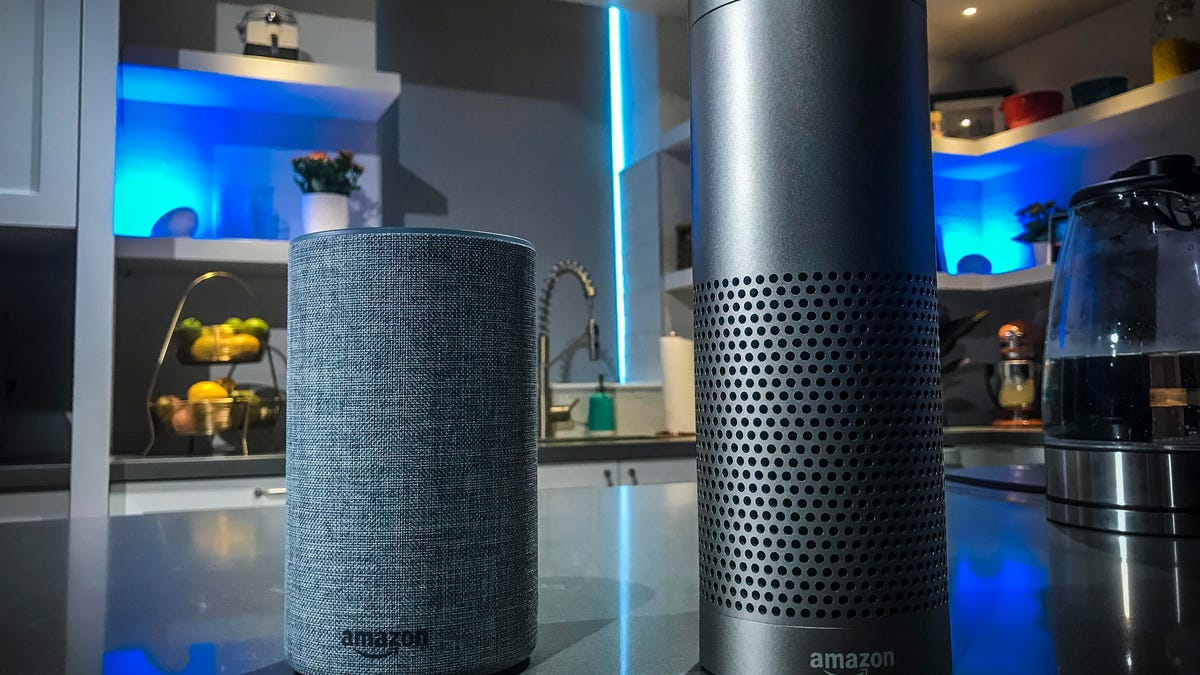Amazon workers eavesdrop on your talks with Alexa
A report says the human reviewers aim to hone the service.

The Alexa smart assistant answers your questions on your Amazon smart speaker. But she has a team of humans helping her improve her skills.
That's according to a report from Bloomberg, which says the company has human reviewers in locations including Boston, Costa Rica, India and Romania who listen to hundreds of Alexa recordings every day. The workers, some of whom spoke anonymously with Bloomberg, annotate the recordings to help Alexa get better at what she does.
It's the latest example of a cloud-based service that purports to use an algorithm that actually has a team of humans behind it. In December, The Information reported that video taken from Ring cameras was reviewed by workers in Ukraine. Ring is also owned by Amazon. It's a reminder that artificial intelligence, a technology that lets computer programs learn, is often improved by human intervention.
The workers who review Alexa clips are searching for terms like "Taylor Swift," hoping to help Alexa get better at understanding that users are referring to the singer, according to the Bloomberg report. But they also sometimes hear private or even disturbing audio, as well as recordings that weren't triggered by Alexa's wake word.
In response to the report, an Amazon spokesperson said in an email that the company takes user privacy seriously. "We only annotate an extremely small sample of Alexa voice recordings in order improve the customer experience. For example, this information helps us train our speech recognition and natural language understanding systems, so Alexa can better understand your requests, and ensure the service works well for everyone," the spokesperson said.
The spokesperson added that employees can't directly access identifying information about the people or accounts associated with the recordings, among other protections for the data, and "zero tolerance" for any abuse. "All information is treated with high confidentiality and we use multi-factor authentication to restrict access, service encryption, and audits of our control environment to protect it," the spokesperson said.

